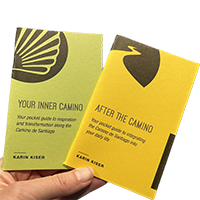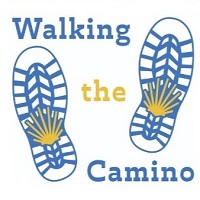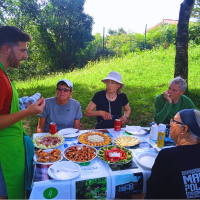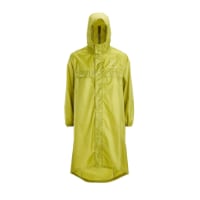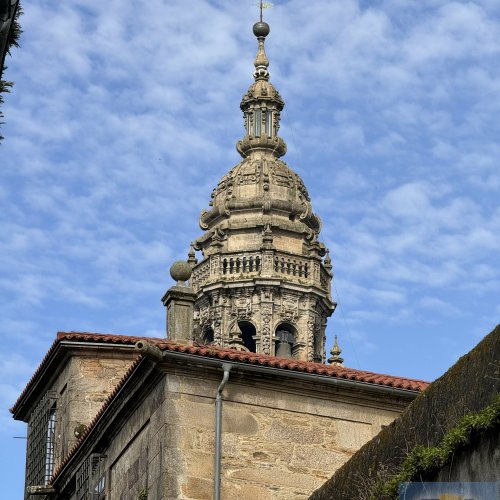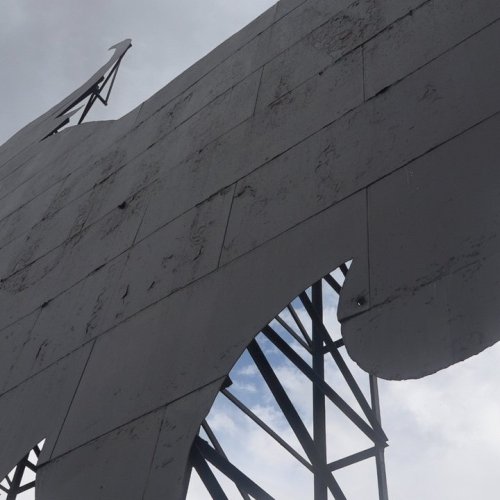Lydia Gillen
Veteran Member
- Time of past OR future Camino
- Camino Frances 2007/8/9, 2011 , 2012/13/14. C.F 2015
Camino Portugues 2017,2018,2019
volunteering
Oftentimes on the Camino when there are people of several nationalities present English is used as the common language, which is of great advantage to those of us for whom English is our mother tongue.
Out of courtesy for those for whom English is not their mother tongue we should make an effort to speak clearly and a little more slowly than usual. We should also be careful to use plain English rather than colloquialisms or slang. This would require little effort on our part, but could mean a lot to others present.
Out of courtesy for those for whom English is not their mother tongue we should make an effort to speak clearly and a little more slowly than usual. We should also be careful to use plain English rather than colloquialisms or slang. This would require little effort on our part, but could mean a lot to others present.




